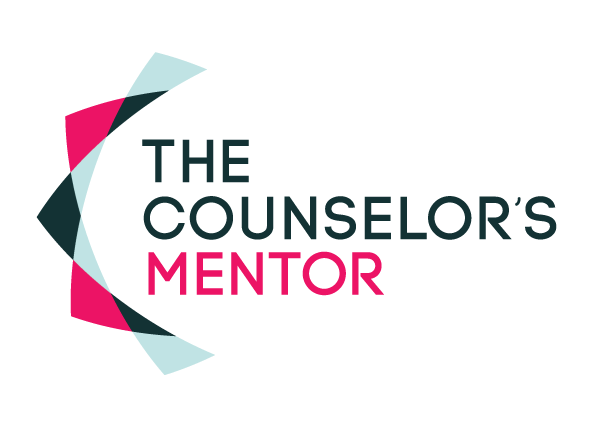So you’re in school and really enjoy psychology and human behavior? You’ve tossed around the idea of different careers and have landed on psychology, counseling, social work or another related human development field. Now your gut says to pursue a counseling degree but you’re not quite sure where to start. This article will review qualities to consider about yourself before launching into the field.
Yes, psychology is very interesting. The study of the mind is a beautiful and powerful thing. Where the mind and thoughts exist is one of the most sought out and feared destinations on the face of the planet. It is a rewarding to contribute to the psychological and mental health wellness of those around you. However, helping others through counseling and psychological issues are not for the faint of heart- or mind.
If you are an undergraduate level student, think long and hard about this decision. Being a mental health professional is not something to “stumble into” or a decision to default to when all else fails. There must be intentionality, consideration, and purpose when you choose to work with others. Oftentimes the qualities and characteristics of becoming a competent and effective mental health professional have been apparent since the time you were young:
- Being an introvert or extrovert doesn’t matter as much as if you enjoy working with people. The mental health field requires some level of interaction with others, even at the research level.
- Do you possess good listening skills? Communication skills are imperative in this field. Communication involves both speaking and listening- and not just hearing, but truly listening. Tuning yourself out to all other distractions, and tuning into the thoughts, feelings and emotional state of others is key and can be sharpened.
- Empathy is also an important attribute to have when working with others. Counseling others requires a genuine interest taken into the life of another person. Whether or not you agree with the person sitting across from you, the important thing is to connect with, and attempt to, understand the people you work with. Empathy is the genuine ability to place yourself emotionally and mentally into the life of someone else.
- And lastly, time. Are you willing to devote the time needed into becoming a trained mental health professional? Once an undergraduate degree is complete, one must take a test, pass it, then complete about 2 years of graduate leveled studies. After this, one must take an exam and secure a clinical supervisor who will then overlook your clinical skills for the next 1.5-5 years. AND you often have to pay your supervisor each month to do. It’s a marathon, not a race!
The truth is we need more mental health professionals. There are millions of hurting people in this world, who need emotional care, guidance, and confidence in human kind. As long as there are humans in this world, there will be a need for mental health professionals.

